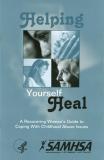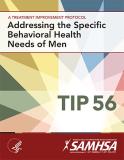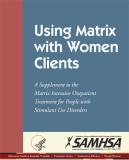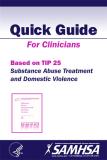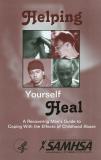
This brochure is designed to help men deal with child abuse issues that might arise during treatment for substance use disorders. It defines child abuse, lists symptoms of abuse, and describes how counselors can help with coping and healing.
Units per Product
Download
Men, Recovery, & Childhood Abuse: Helping Yourself Heal
File Type: PDF
File Size: 513 KB


